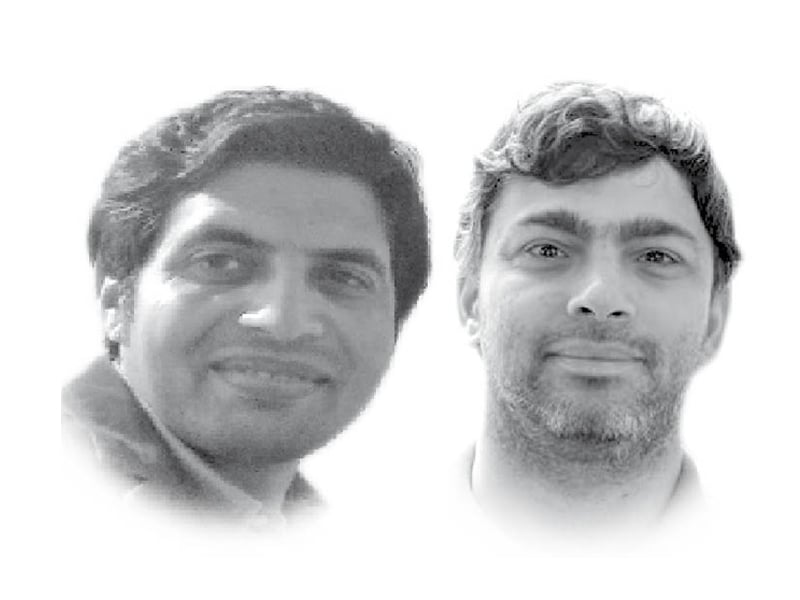
Covid-19 and structural inequalities
A partial lockdown lasting for weeks would quickly eat up the meagre savings of many
The 1918 Spanish influenza pandemic killed an estimated 50 to 100 million people around the world. This rivalled World War II as the deadliest event in human history that cost as much as 4.8% of the global production. While the cost of the Covid-19 outbreak in terms of human lives is fortunately not expected to be as grave as that of the Spanish flu, its economic cost may yet prove to be much higher. Worse still, these economic losses may hit the vulnerable households disproportionately and exacerbate existing structural inequities.
The virus does not discriminate between humans. The prevailing economic environment, however, certainly does. Workers in the formal sector are entitled to pay, pension and sick leaves even when the workplace gets closed, as has been done during the on-going partial lockdown. Workers in informal occupations, however, do not enjoy this financial cushion, and unlike qualified workers, cannot work from home. They must consequently rely on their savings to see them through hard times such as these.
According to World Bank statistics, as much as 71% of Pakistan’s non-farm labour is employed in the informal sector. Some of the sectors worst-hit by the crisis, such as retail, transport, hospitality and tourism account for a large proportion of this informal labour force. Self-employed workers and employees, such as shopkeepers and salesmen, hawkers, cab and truck drivers, servers, helpers and others not part of the formal economy may prove to be the major victims of the digital era’s biggest pandemic yet. These are predominantly low-income, less educated workers who constitute the bulk of Pakistan’s 58% vulnerable labour force.
A partial lockdown lasting for weeks would quickly eat up the meagre savings of many, leaving them highly vulnerable to any climatic or health shock. Even when the lockdown is over, the economic activity might remain sluggish for some time as people worried about the virus contagion may remain away from the market and other public places. In addition to detrimental effects of the economic slowdown, informal workers face a more direct threat to their health and well-being in the form of cramped neighbourhoods and workspaces which make social distancing difficult and greatly increase the risk of getting infected.
The aggregate impact of this crisis may, therefore, be a general impoverishment of these informal workers and an increase in inequality between formal and informal income. While the government must wage a war against the coronavirus, the plight of the vulnerable segment of the population must not be neglected. The non-essential movement has to be curtailed in order to prevent a health hazard. However, means should be found to somehow ensure the economic security of the most vulnerable. Schemes such as targeted cash transfers under the Ehsaas Programme and provision of subsidised food at the Utility Stores are indeed steps in this direction. These may not prove enough though, and other solutions may have to be envisaged.
This is where the focus on the construction sector fits in. Workers can be put to work immediately on infrastructure projects while generally maintaining social distance. Another effort on these lines would be to accelerate work on subsidised low-income housing under the Naya Pakistan Housing Authority. Housing and construction can keep the economy going and create much-needed jobs while demand in other sectors is suppressed. Housing projects will have the additional long-term benefit of providing the poor better accommodation less prone to the spread of viral or bacterial diseases.
Ultimately, improving the conditions for a lot of informal workers will require labour reforms involving worker registration and institutionalising unemployment benefits along with disability and pension payments.
Published in The Express Tribune, April 6th, 2020.
Like Opinion & Editorial on Facebook, follow @ETOpEd on Twitter to receive all updates on all our daily pieces.









COMMENTS
Comments are moderated and generally will be posted if they are on-topic and not abusive.
For more information, please see our Comments FAQ